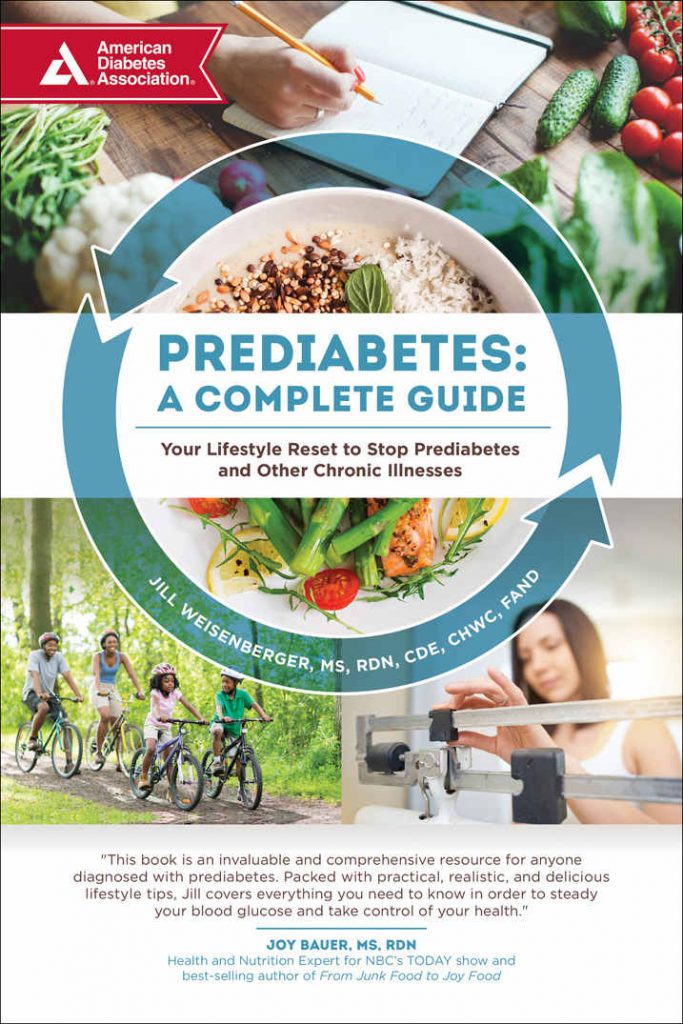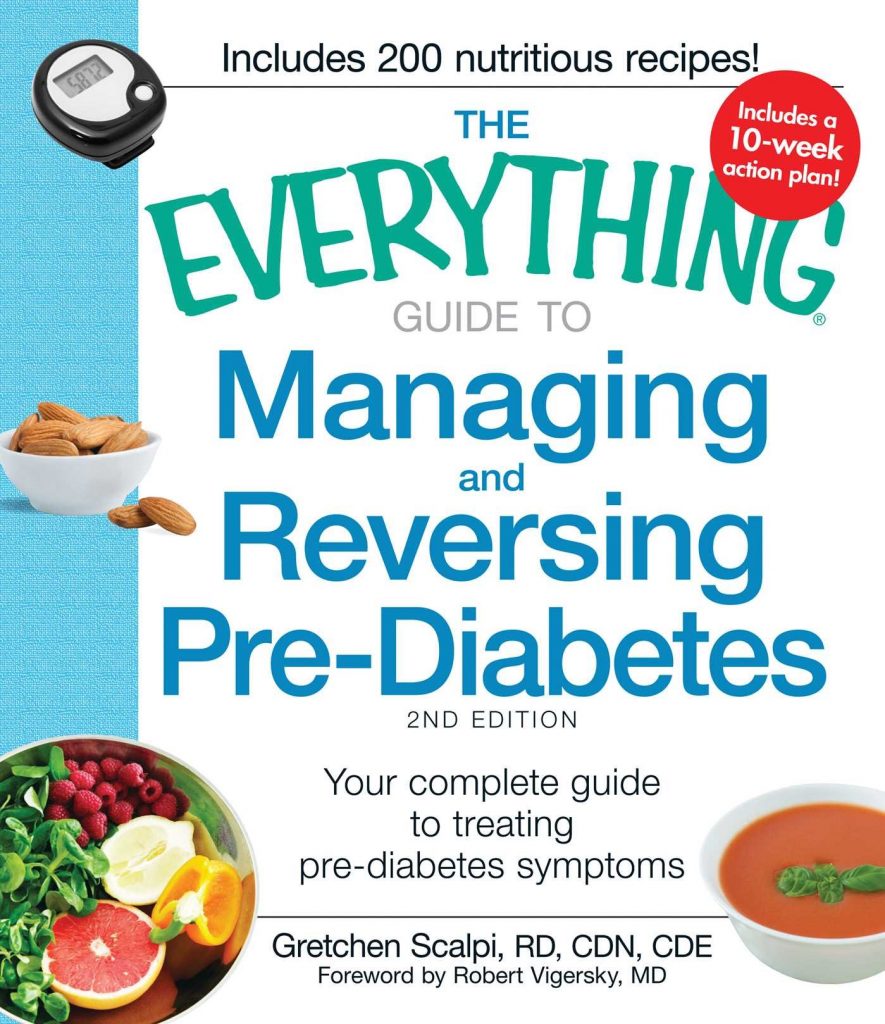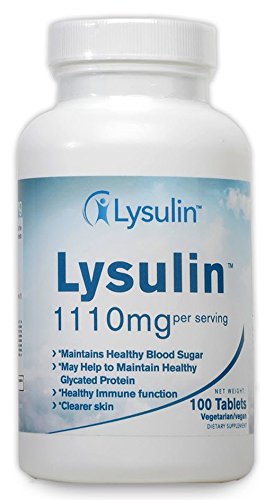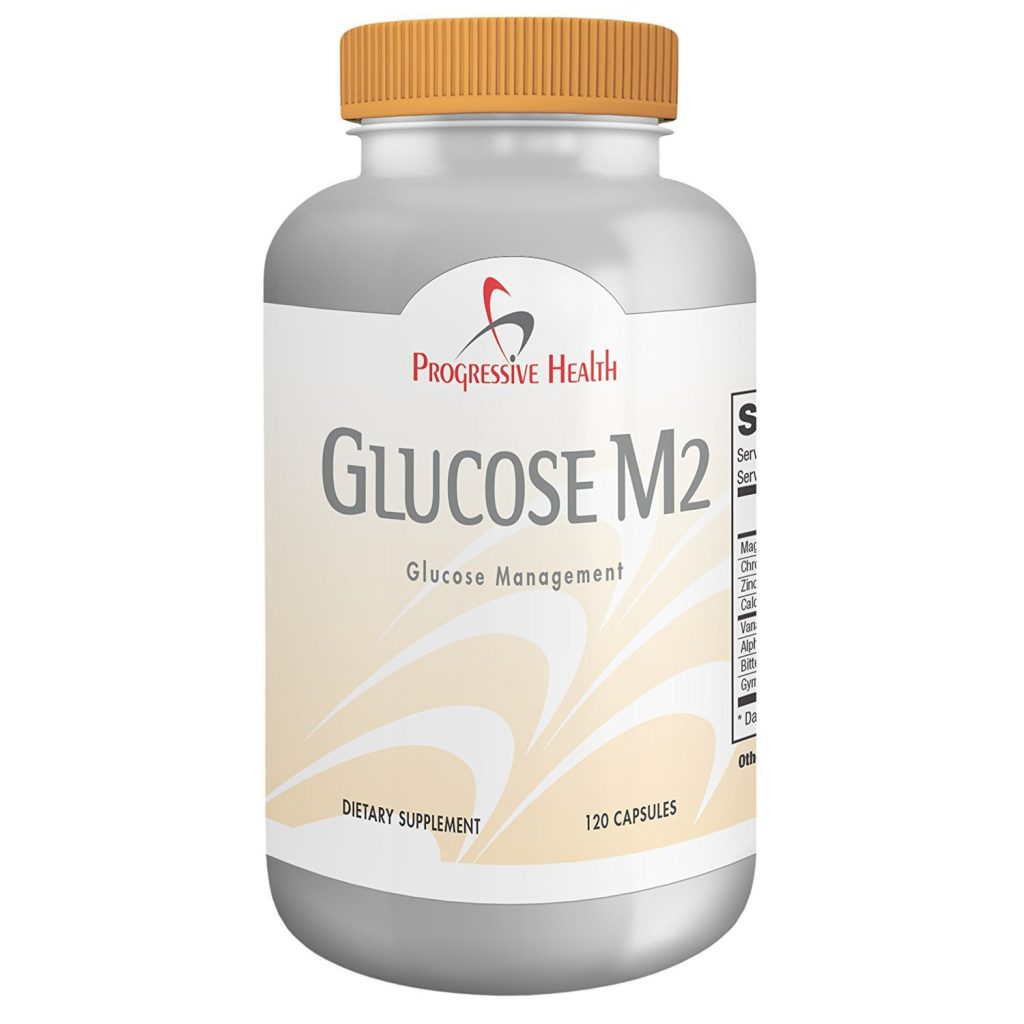Surely you have heard about serious diabetes, but are you familiar with the condition leading up to it?

What is pre-diabetes?
Basically, it means that your blood sugar level is elevated, but it’s not elevated enough to be considered type 2 diabetes. Being diagnosed with pre-diabetes is actually good news, because it means now you have the opportunity to stop it from progressing further, and what’s even better – pre-diabetes doesn’t necessarily have to progress to type 2 diabetes!
First of all, let’s discuss risk factors, so you can see for yourself are you in danger of this condition.
- Diet. Eating a lot of processed foods, drinking sugary beverages, without balancing that out with fruits, vegetables, legumes, nuts, whole grains and others is the main cause not only for diabetes, but many other conditions as well.
- Weight. One of the biggest risk factors for pre-diabetes is being overweight or obese, because the more fat your body stores, the more insulin resistant you become.
- Physical (in)activity. Related to the prior two factors, not being physically active can increase the chances of becoming overweight and developing pre-diabetes.
- Genetic predisposition and family history. Self-explanatory for the most part, but if your relatives used to suffer from diabetes, you’re in a risk group of developing this condition as well.
- Age group. Although diabetes can start at basically any age, including very young one, the risk really increases after the age of 40, and this is usually attributed to the lifestyle changes, meaning sedentary lifestyle.
What are the symptoms of pre-diabetes?
This medical condition is not usually followed by any symptoms whatsoever. If it does show any symptoms at all, they are usually either constant thirst or excess urination. Because it’s usually symptomless, if it manages to progress further, it’s very important to be able to recognize the signs of the type 2 diabetes:
- Constant, unexplainable thirst;
- Excess urination, sometimes with the unusual odor to it;
- Fatigue;
- Impaired, blurry vision and
- Dark skin around armpits, groin or chin.
How can I treat pre-diabetes?
If you managed to catch the disease at this phase, the best way to go is being proactive about it.
- Most importantly – you should change your lifestyle. You have to start being serious about your habits and taking your condition, as well as the potential complications, seriously. The meals you eat should be frequent, without long pauses in between, so you can keep the sugar levels in check. You should also add as many healthy foods – like fruits, vegetables, legumes, nuts, white meats and others, like food rich in fiber, as possible. That means that you should avoid processed foods at all costs, simply because they are known to be high glycemic and they can raise your blood sugar levels immediately, which gives no time to pancreas and insulin to react. This means you choose to cause damage to your body.
- Incorporate physical activity into your daily routine. Experts all around the world recommend at least 30 minutes of exercise per day and what they also say is that those exercises can prevent not only pre-diabetes and diabetes, but many other conditions as well.
- Learn to eliminate stress. As with the lack of physical activity, unnecessary stress is one of the main causes of only so many conditions and diseases. From stress at work to the stress caused by insufficient sleep and an irregular sleeping pattern, all of them contribute to the development of pre-diabetes. Focus on finding a vent for all of that stress, whether through meditation or yoga for example, or simply by enjoying your free time by reading a book and focusing on the bright side of life.
Whatever the cause of pre-diabetes is, it’s noteworthy to say that it’s usually not discovered in it’s early stages, unless followed by another condition that shows symptoms. Urged by those, you seek professional help thinking you have only one problem, but pre-diabetes creeps up on you as well. This is why you should try to prevent it by implementing our suggestions into your daily life, so you wouldn’t have to worry about it progressing into later stages of diabetes.
Best Pre-Diabetic Treatments








